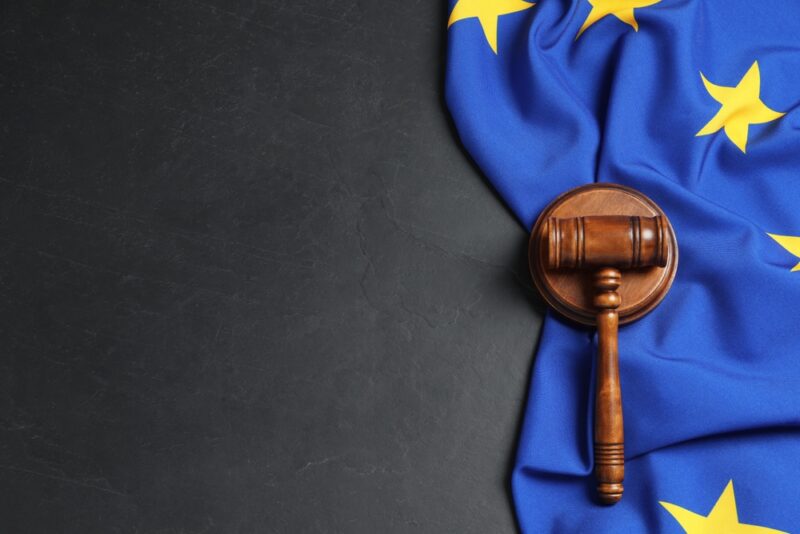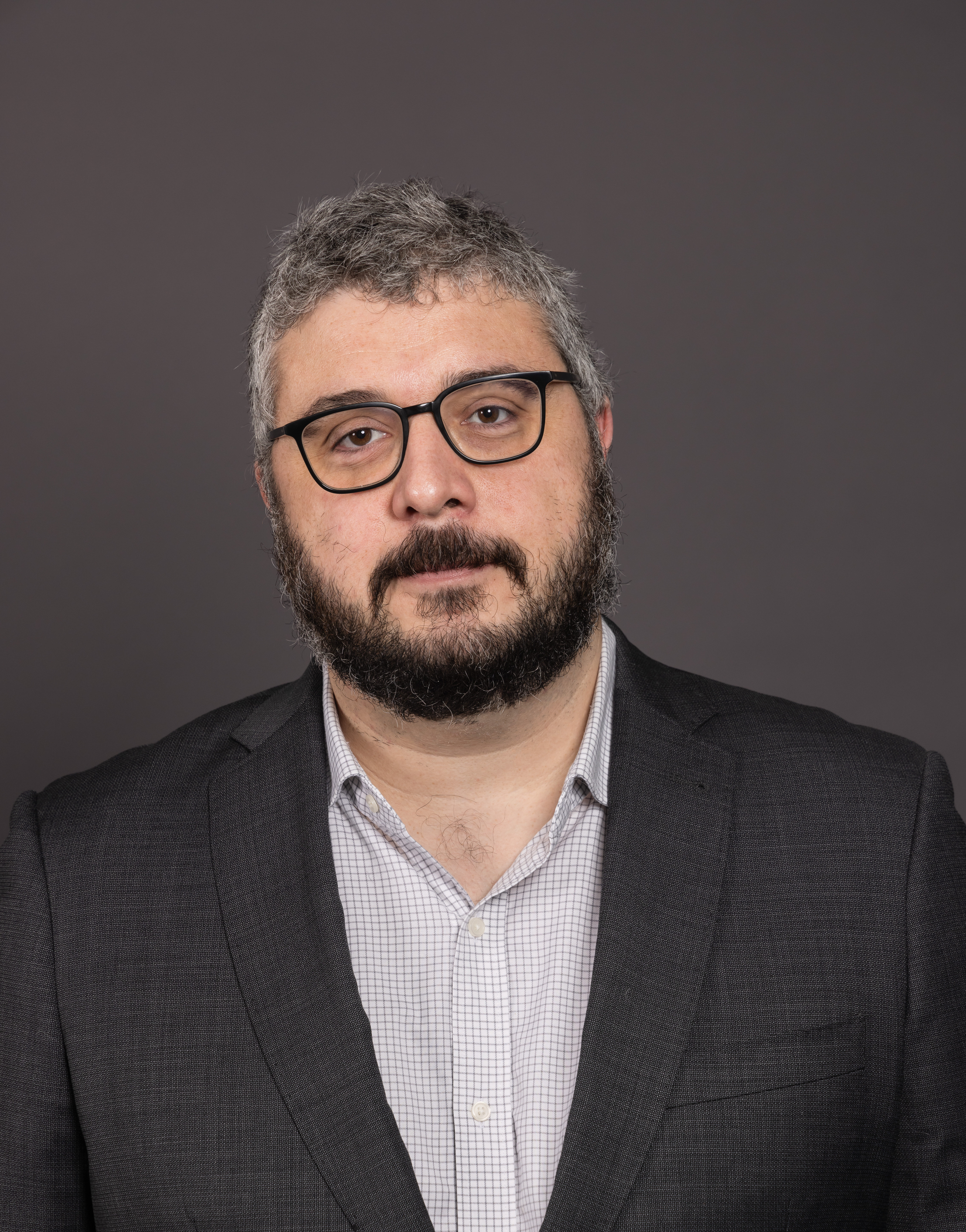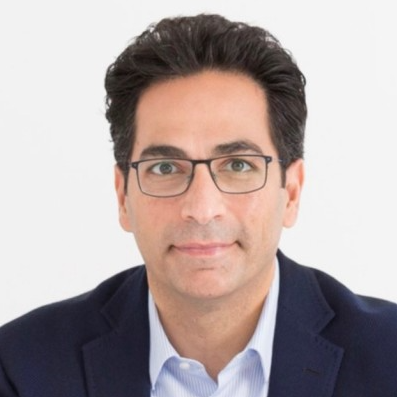
MedTech Europe Code: Trust is a priceless asset in healthcare

With new global challenges on the horizon, compliance with the MedTech Europe Code is an investment in the future
If my years as a legal and compliance professional in Europe’s medical technology sector have taught me anything, it is the value of trust. It is vital that healthcare professionals and patients trust us to produce safe products and to conduct our business in an ethical manner.
As the chair of the MedTech Europe Ethics & Compliance Committee, who has taken on a global role with Terumo BCT, I am more convinced than ever that our industry must earn and keep trust if we are to face the challenges of the future.
Healthcare is a dynamic sector in which change is a constant. From artificial intelligence (AI) to new business models and ways of partnering and working, we are constantly adapting to trends to improve health outcomes through innovation. That is why it is essential that people working in the industry have clear guidance on how to interact with partners – and skilled compliance professionals to ensure companies move forward in an ethical manner.
Building and preserving trust is everyone’s job, but ethics and compliance professionals are an essential guide to navigating a complex landscape. This is where the MedTech Europe Code comes in. Adopted in 2017 and updated in 2022, the Code is designed to respond to how global medtech companies operate in today’s world. It provides a sound basis for making ethical choices in areas such as research, conference sponsorship, product promotion, consulting agreements and more.
An ongoing commitment to doing the right thing
The goal of the Code is to establish a harmonised approach to doing the right thing; to go beyond what is required by law and to strive for high levels of ethical behaviour. It shows an industry committed to raising standards – a quality that is recognised in the wider community. I was particularly pleased to see that The Code, along with the Conference Vetting System (CVS), has been recognised by Business at OECD as a valued anti-corruption initiative. This is a ringing endorsement of our approach and should encourage us to step up our industry-wide effort to do the right thing.
Compliance professionals are key partners in implementing and ensuring adherence with the Code but also in addressing new risks generated by the evolving landscape. For example, in ESG, we have a wealth of experience in conducting due diligence – skills that can be applied in the frame of the Corporate Sustainability Due Diligence Directive (CSDDD).
All of these topics raise a need for compliance professionals to stay up to date. That’s why we launched the Healthcare Ethics & Compliance Conference (HETHICO). The event is jointly organised by MedTech Europe, EFPIA and ETHICS and the second edition takes place in Brussels on 5 & 6 November. This year, we will bring together the healthcare ethics and compliance community, and provide an opportunity to learn from one another and to think strategically about the shared risks we face. This collaborative event is well placed to address the convergence of compliance practices and the common issues our sectors face.
Along with potential challenges on the horizon, we will explore positive ways in which the latest trends can support compliance in general, and the MedTech Europe Code in particular. For example, AI could unlock new training and education opportunities while remote working models provide unprecedented flexibility for how and where we work together.
Complacency is the enemy of compliance
I see much to be encouraged by in the fast-moving field of compliance, but perhaps the biggest risk we face as a sector is that of complacency. As the industry moves into a more mature phase of its compliance journey, there is a natural danger of losing momentum.
In addition, since the pandemic, there has been turnover in key roles in many businesses. And, in some instances, less face-to-face interaction between colleagues. These factors can combine to weaken adherence to the Code. It is vital that we remain in a state of constant renewal of our commitment to doing what’s right in every aspect of our work. On-boarding and training are key, as are sharing best practice at events such as HETHICO.
As we look to a future in which there are more interactions between industry, academia, healthcare professionals, patients and patient advocates, compliance must move to the centre stage. The growth in AI, global environmental crisis, regulations such as the new CSDDD and Corporate Sustainability Reporting Directive (CSRD), mean our societies face new challenges.
For its part, the medical technology industry is committed to ethical behaviour globally. The MedTech Code, along with individual companies’ codes, is one piece of the foundation of ethical practice. If we value the trust of those we serve, there is no alternative.











